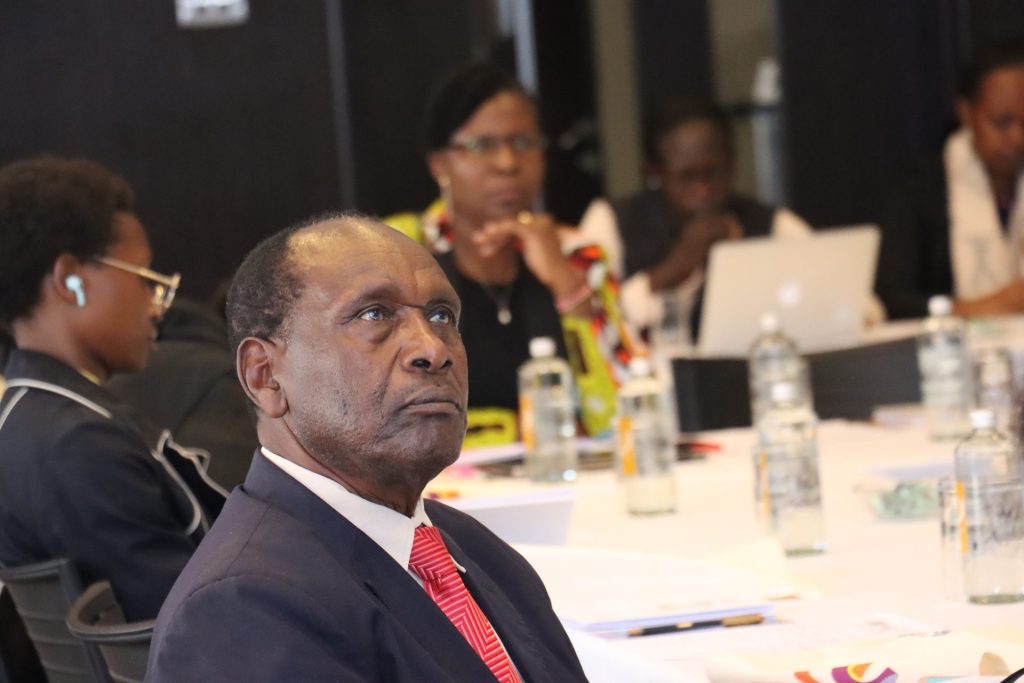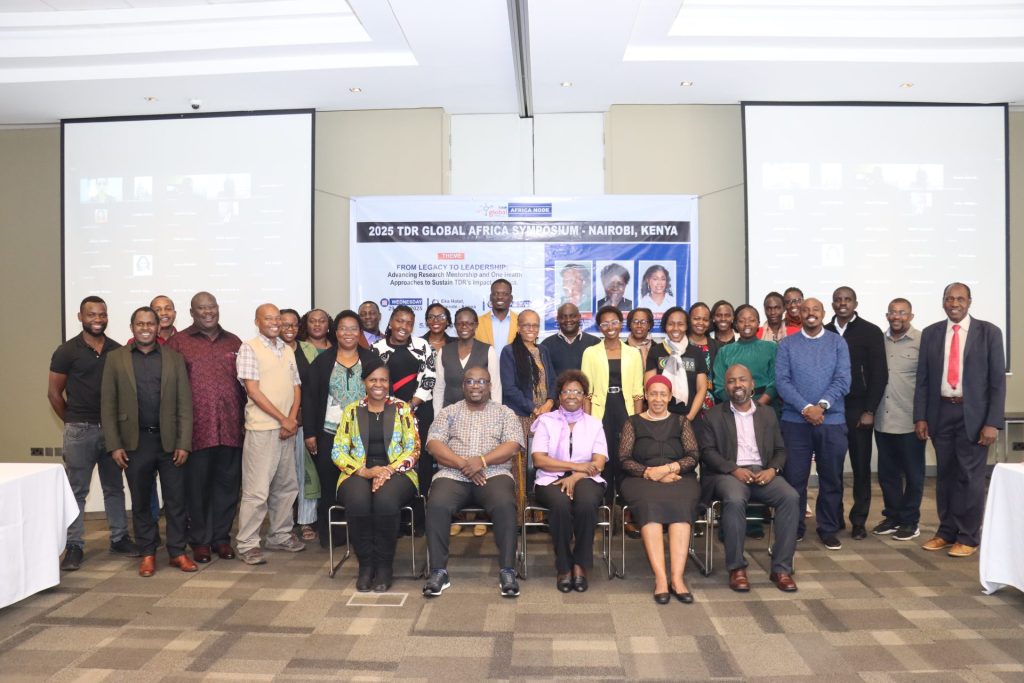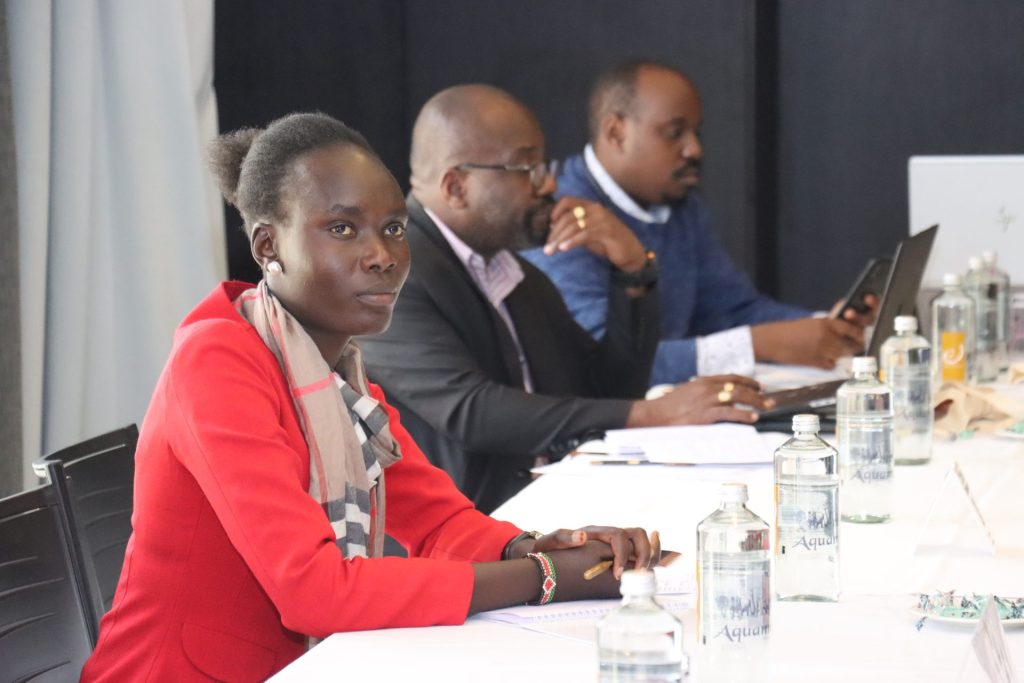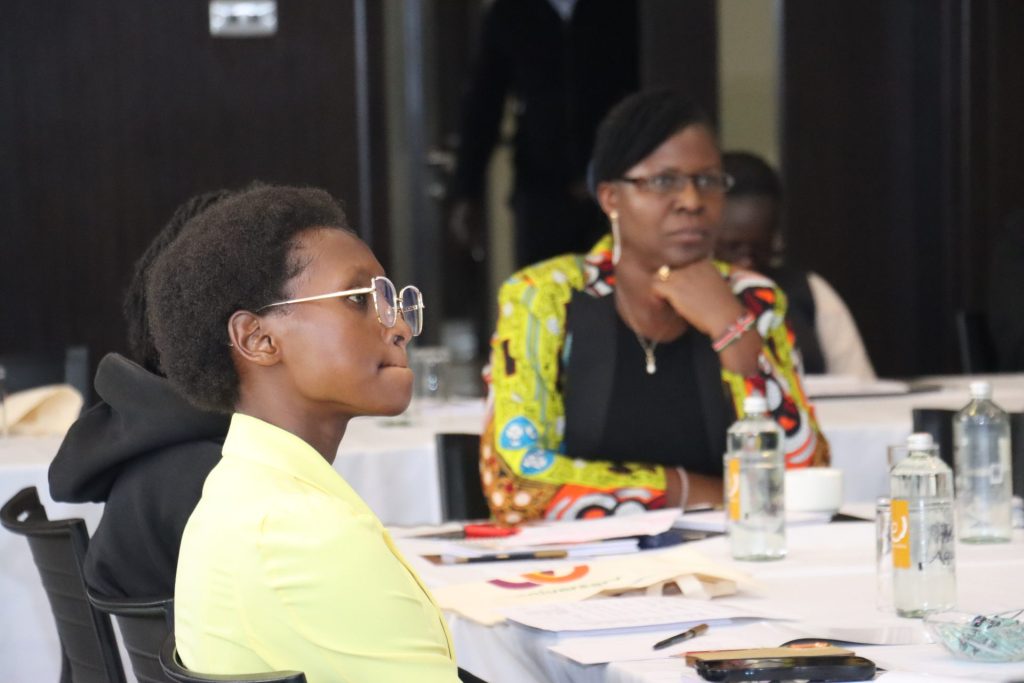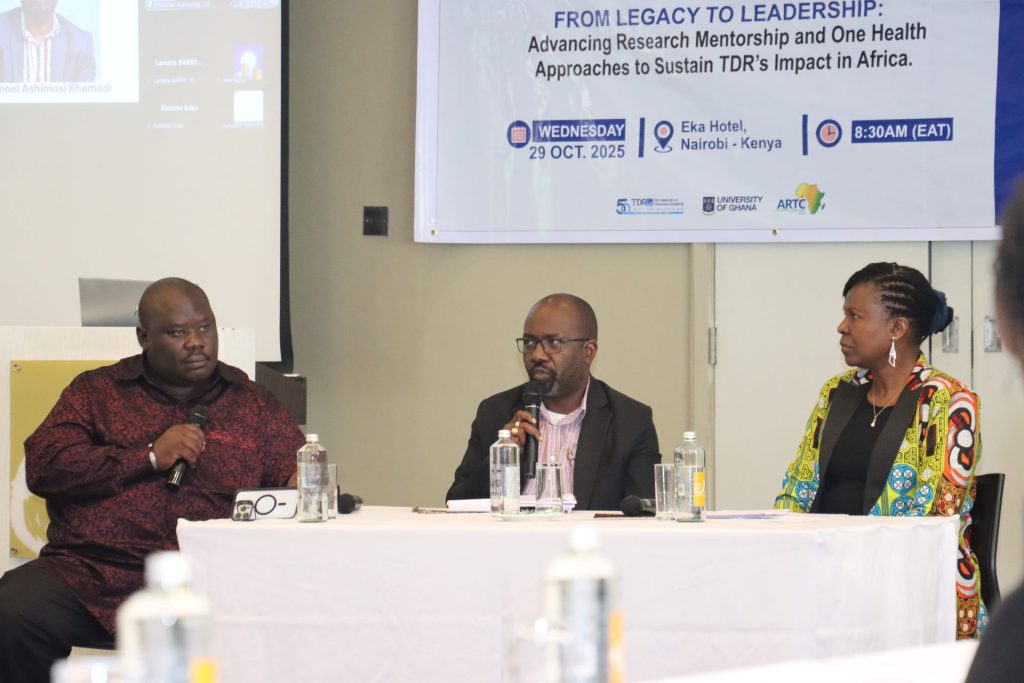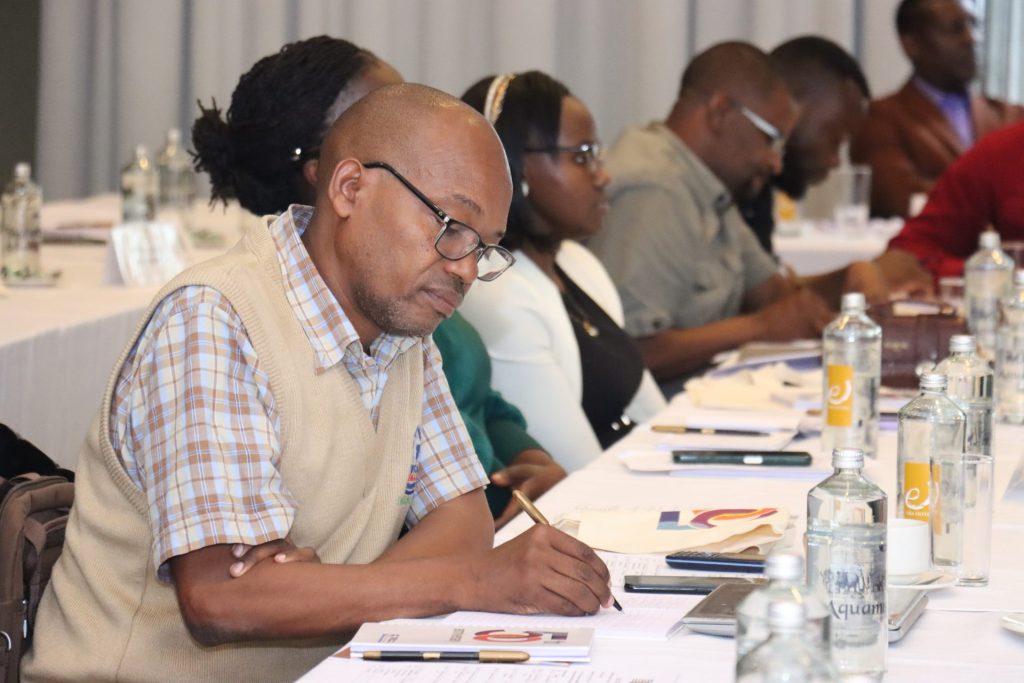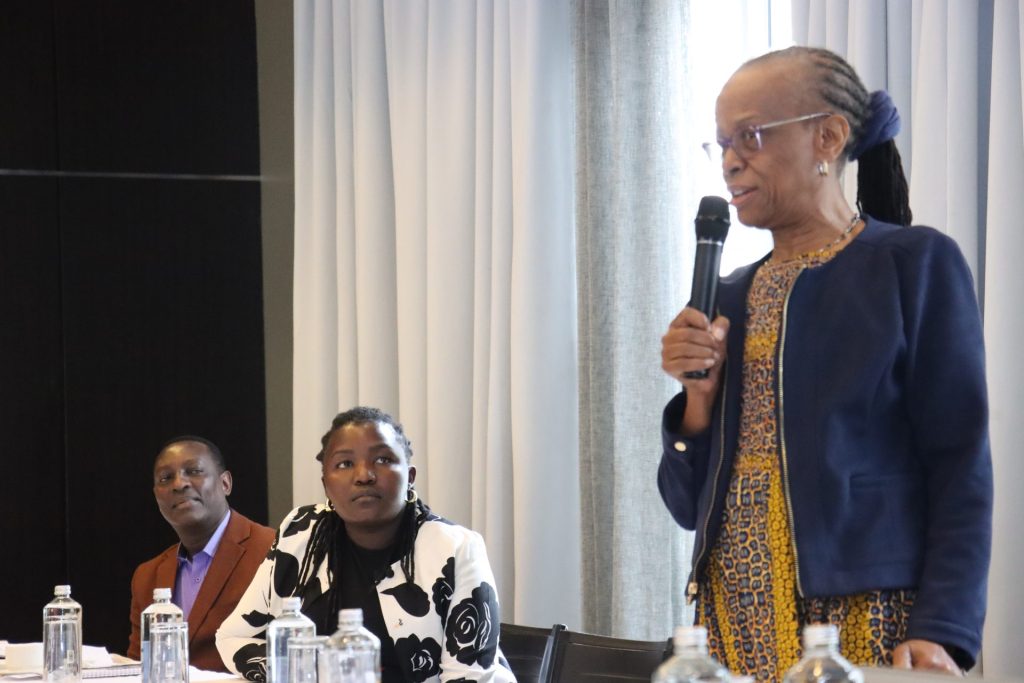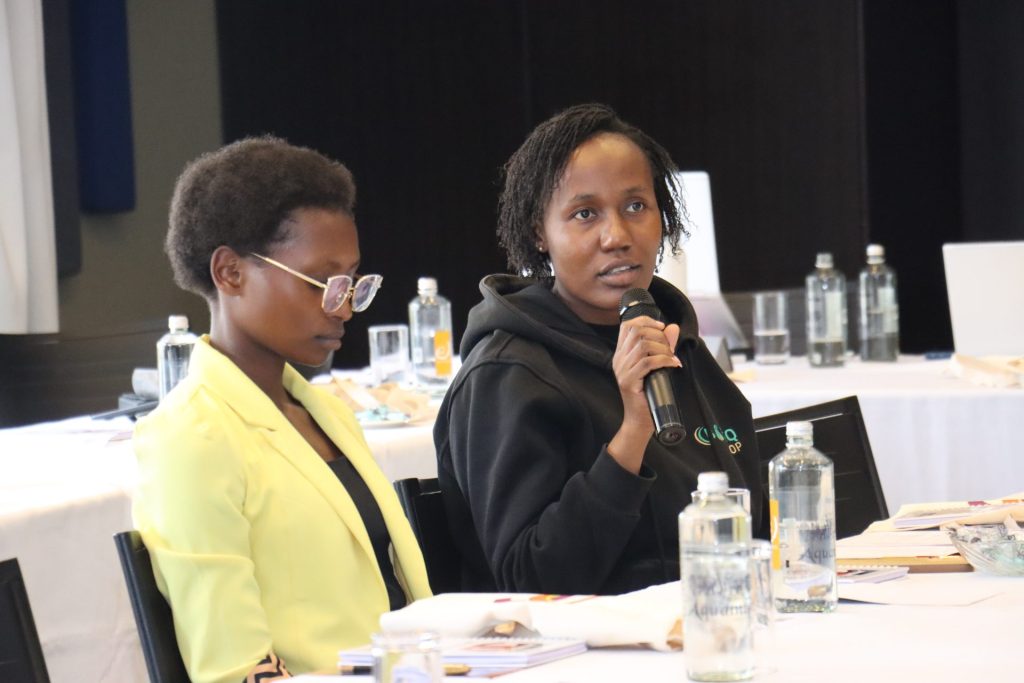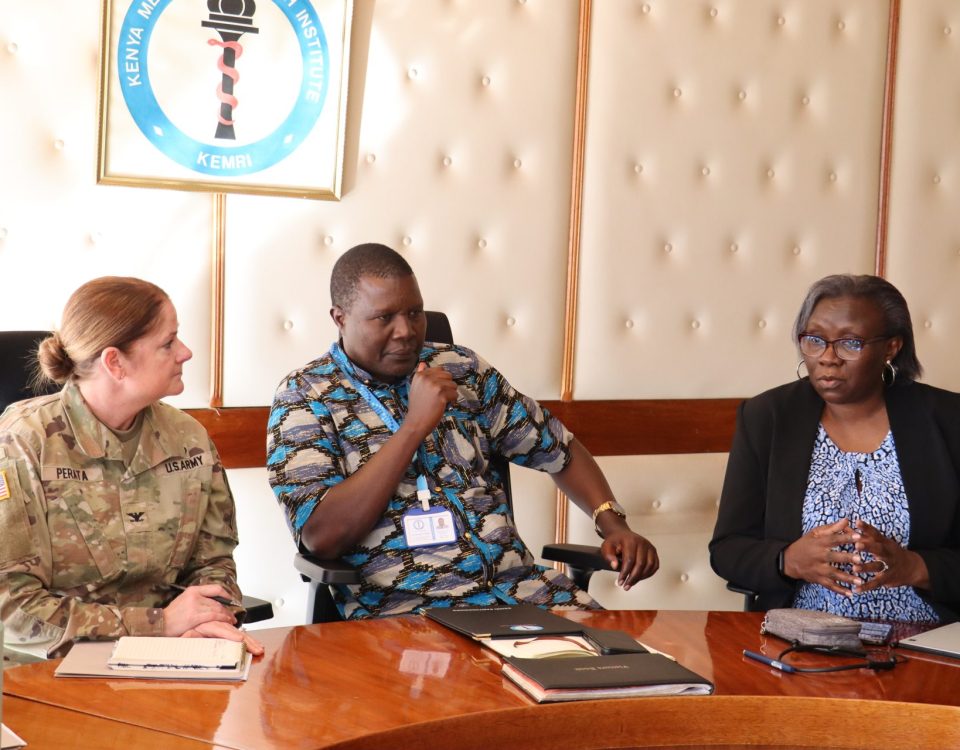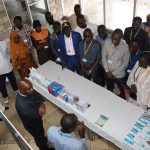
Senegalese Delegation Hails KEMRI’s Malaria and NTDs Research
November 5, 2025
Stakeholders Review Progress in the Fight Against Kala-azar
November 5, 2025KEMRI Hosts TDR’s Symposium to Advance Research Mentorship and One Health
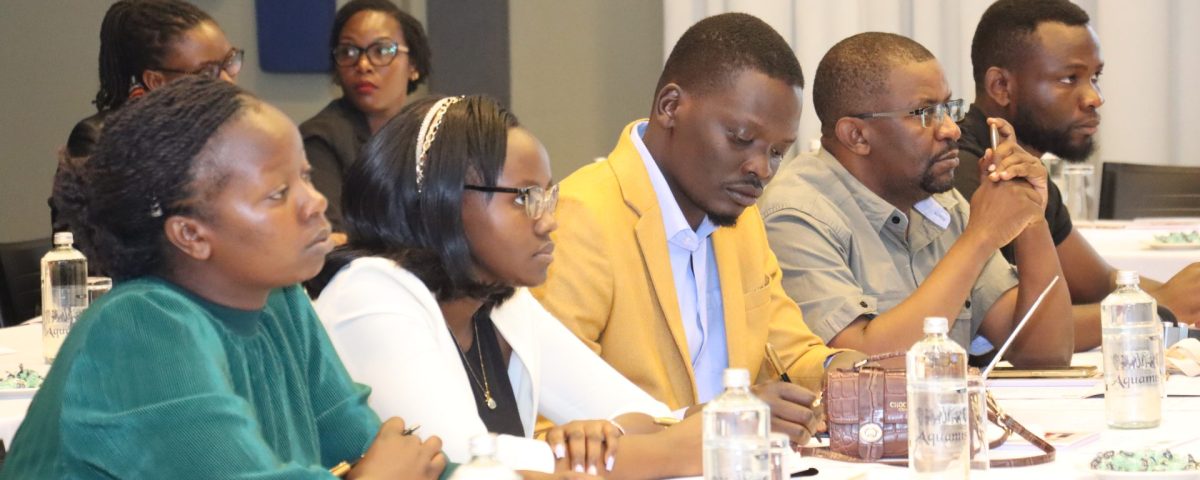
By Stella Njung’e
As Africa continues to strengthen its research capacity to tackle infectious and Neglected Tropical Diseases, KEMRI reaffirmed its leadership in advancing scientific mentorship and collaborative research by hosting the 2025 TDR Global Africa Symposium and Workshop in Nairobi.
Held under the theme “From Legacy to Leadership: Advancing Research Mentorship and the One Health Approach to Sustain TDR’s Impact in Africa,” the symposium formed part of global celebrations marking 50 years of the Special Programme for Research and Training in Tropical Diseases (TDR), a joint initiative of the World Health Organization (WHO), UNICEF, UNDP, and the World Bank. TDR has been instrumental in nurturing generations of scientists, building research capacity, and promoting innovation across low- and middle-income countries.
The event brought together leading scientists, emerging researchers, and mentors from across the continent to reflect on TDR’s enduring legacy, share mentorship experiences, and chart a path
Keynote address was delivered by Prof. Rosemary Sang, a distinguished scientist and KEMRI research emeritus whose address was titled “One Health and Research Mentorship: Pathways to Transforming Africa’s Global Health Leadership”. Prof. Sang underscored that mentorship must be intentional and mutually beneficial. “Mentorship should be inclusive, deliberate, and enriching for both mentors and mentees, and each has a role in shaping Africa’s future in global health leadership.”

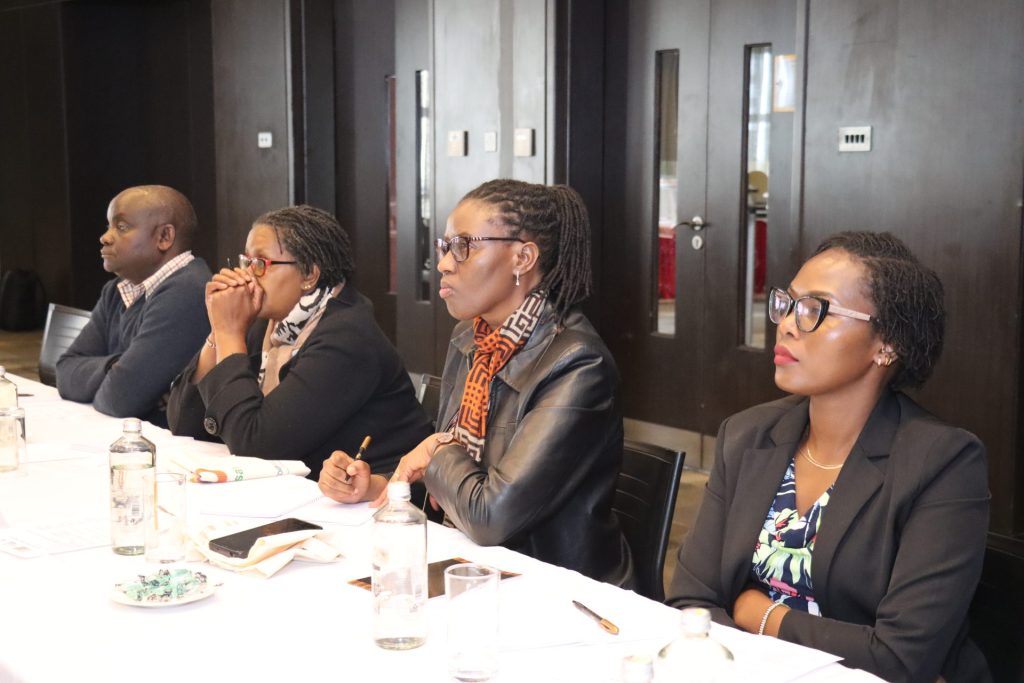
In his opening remarks, KEMRI’s Acting Director General Prof. Elijah Songok, represented by Acting Deputy Director, Centre for Virus Research (CVR), Dr. Samoel Khamadi, emphasized mentorship as a cornerstone of Africa’s scientific growth.
“As an Institute, KEMRI hosts students from diploma to post-doctoral levels and offers MSc and PhD programs in collaboration with JKUAT across 10 areas of specialization,” said Dr. Khamadi. “We look forward to deepening our collaboration with TDR to strengthen mentorship networks and advance the One Health agenda for sustainable research impact”.
Discussions throughout the symposium focused on how structured mentorship, institutional support, and collaborative frameworks can empower emerging researchers and sustain innovation in low- and middleincome countries.
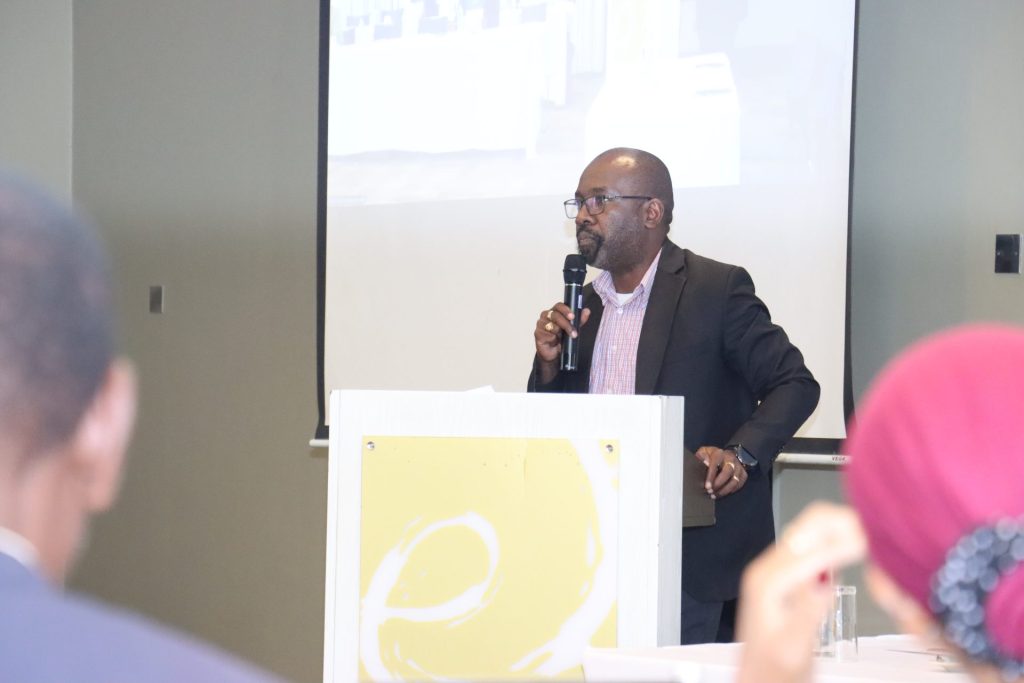
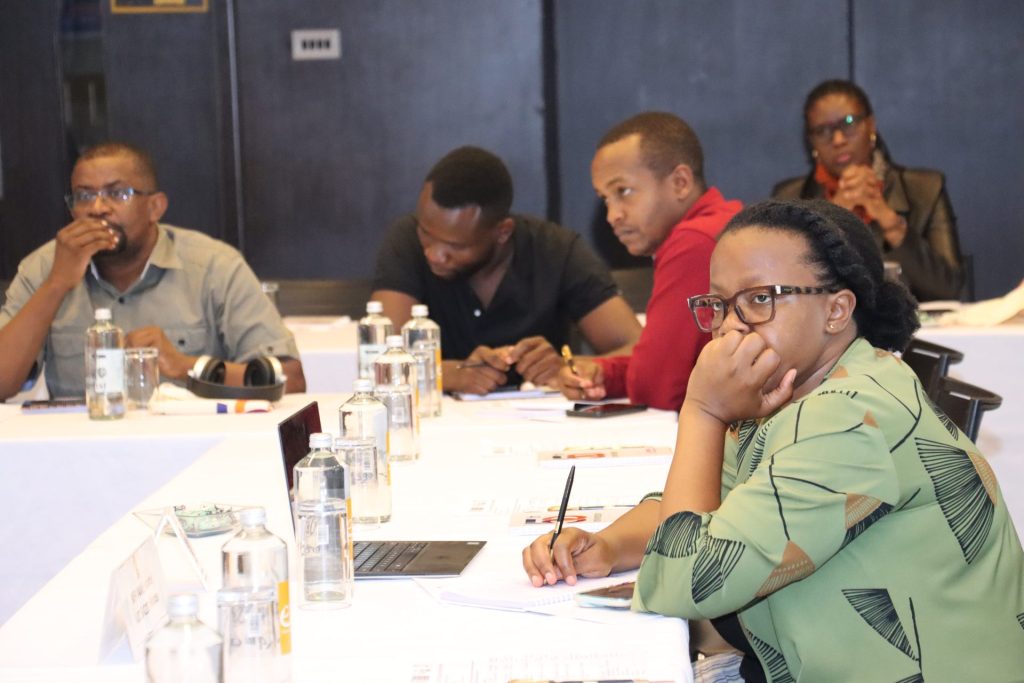
Participants noted that mentees require guidance in career development, technical and soft skills, networking, and psychosocial well-being, while mentors need structured training, recognition, and dedicated time to effectively support their mentees. Institutions, they agreed, must develop formal mentorship frameworks anchored in leadership commitment, equitable access, and sustainable monitoring systems.
The symposium further emphasized collaboration across institutions, increased funding, and supportive national policies to embed mentorship within research capacitybuilding efforts.
Participants called for the institutionalization of mentorship as a core component of research development, recommending the use of digital and hybrid mentorship platforms to enhance inclusivity and reach. They also proposed integrating mentorship into academic curricula and institutional policies, while promoting mentor training, recognition, and cross-network learning to strengthen Africa’s research ecosystems.
Also present at the workshop was TDR Global Africa’s Focal Person, Dr. Franklin Glozah who underscored TDR’s pivotal role in promoting equitable access to scientific training and supporting global partnerships that drive sustainable health impact.


